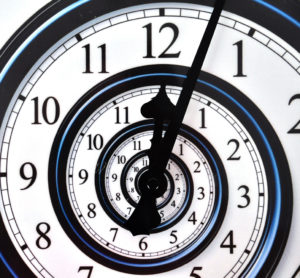
At the climax of the animated film Ratatouille, a restaurant critic is served a plate of ratatouille prepared by Remy, a new chef who happens to be a rat. The dish, simple but sublime, transports the critic to a childhood memory of the meal, prompting him to write an ecstatic review.
It’s an homage to the kind of memory-jumping in Marcel’s Proust seven-novel In Search of Lost Time, most notably a moment where the protagonist is transported to his youth by the smell of a madeleine.
We are followed by our past, a silent shadow always there—in life and perhaps also in our stories.
Here’s George Saunders, just playing with an idea:
When I write, “Bob was an asshole,” and then, feeling this perhaps somewhat lacking in specificity, revise it to read, “Bob snapped impatiently at the barista,” then ask myself, seeking yet more specificity, why Bob might have done that, and revise to, “Bob snapped impatiently at the young barista, who reminded him of his dead wife,” and then pause and add, “who he missed so much, especially now, at Christmas,”—I didn’t make that series of changes because I wanted the story to be more compassionate. I did it because I wanted it to be less lame.
Saunders has brought the past into the present of the story, adding a new dimension.
Avoid the flashback, which is a hackneyed device unless handled very deftly. But there are effective ways to tell a story on multiple planes of time.
The popular TV show This Is Us focuses on a family—father, mother, three siblings—but we flip between scenes when the kids are growing up and scenes where the kids are adults, giving us a panoramic view of a family in all its complexity.
At the moment, I’m reading the mystery novel Dark Places, by Gillian Flynn. The story alternates between the past, specifically leading up to the moment when someone killed a mother and two daughters on a farm in the Midwest, and the present where another daughter Libby, the only survivor, is trying to find the murderer, after accusing her imprisoned brother at the time of the crime, without really knowing his guilt. Grown-up Libby is, understandably, messed up by her past, apathetic to everything, and she’s only playing detective because a true-crime-obsessed club is paying her money. There’s a terrific dramatic tension as Libby pursues the truth in the present, almost racing against the hours leading up to the truth in the past.
As you go through today, think about how the past is shadowing you. Then ask the same question of your characters.

Alex Steele
President


